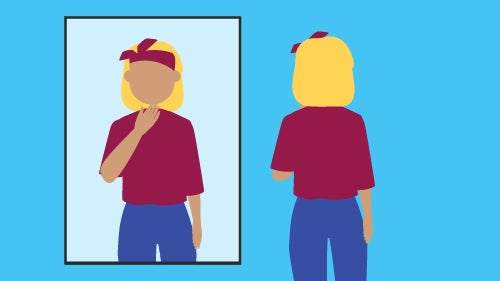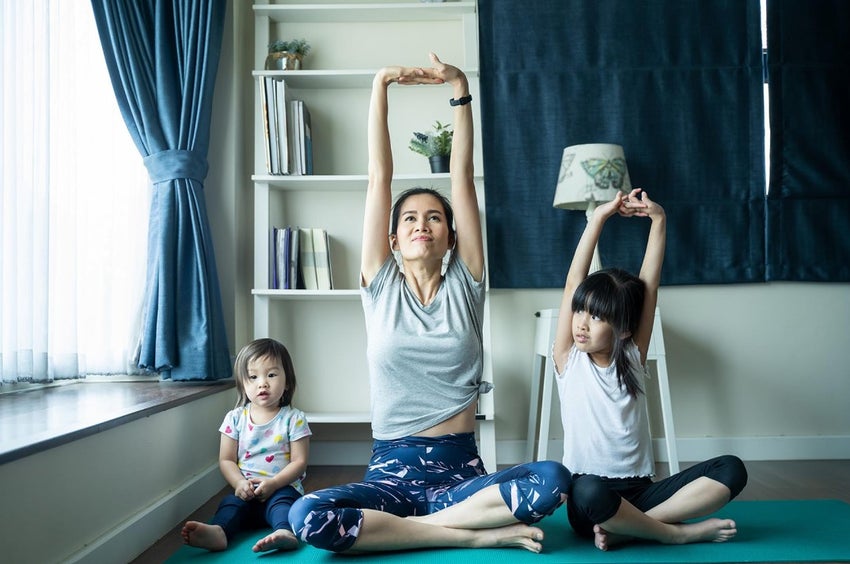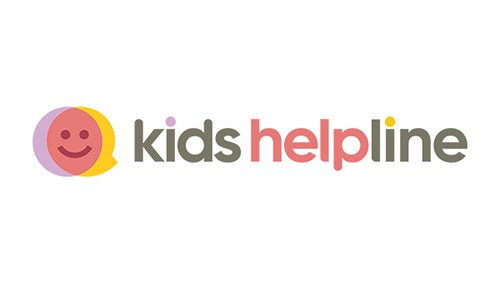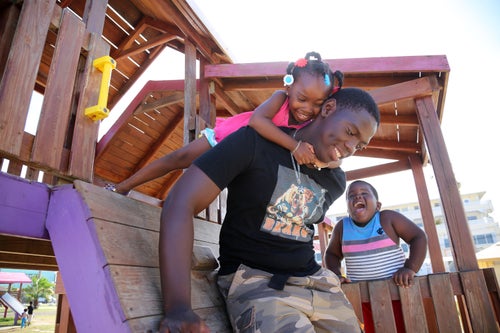A resource for parents and teachers about body image and young people

What is body image?
Our body image is shaped by our thoughts, feelings, attitudes and beliefs about how we perceive all aspects of our bodies, including shape, size, weight, gender and how our body functions.
How we think and feel about our bodies is fluid and ever-changing. Whether we feel neutral, positive or negative (or a mix of all of these at once), our relationship with our body can significantly influence how we interact with the world around us.
Who is affected by body image?
Everyone. Body image begins in early childhood, and how you feel about your body and how it looks is one of the most enduring and complicated relationships you will ever have.
6 Warning signs to look out for in young people
- Focussing on diets, calorie or energy intake.
- Cutting out entire food groups, such as carbs, sugar, dairy, etc.
- Change in clothing – wearing baggy or oversized clothes.
- Frequent weighing and looking in the mirror.
- Becoming anxious around mealtimes.
- Excessive exercising with the goal to lose weight or gain muscle.
How to support young people struggling with their body image
As a parent, teacher or carer, there are many things you can do to support the young people in your lives.
- Learn the warning signs and seek professional help when needed.
- Role model a healthy relationship with the body.
- Avoid talking about diets and fad eating habits.
- Encourage them to talk about how they feel about their body.
- Help them understand the impact of social media on how they perceive themselves.
- Celebrate diversity in all kinds of body sizes and shapes.
How to talk to young people about body image
Ask open-ended questions, such as how are you feeling? And invite them to express their feelings.
Be empathetic and respect their feelings.
Thank them for trusting you with their feelings.

Parent wellbeing
Self-care is an essential part of parenting
Parenting is a rollercoaster of a ride – physically, emotionally and mentally – and as parents, we tend to prioritise our family's wellbeing before our own. For many, self-care and taking time to recharge our batteries feels indulgent, selfish or unnecessary when, in fact, the opposite is true.
When we meet our physical and mental needs, we are better positioned to support our young people, all with the added benefit of role modelling the importance of self-care.
Where to go to for more help
If your young person needs extra support, encourage them to speak to a health professional or reach out to any of the following organisations that can support you both.







